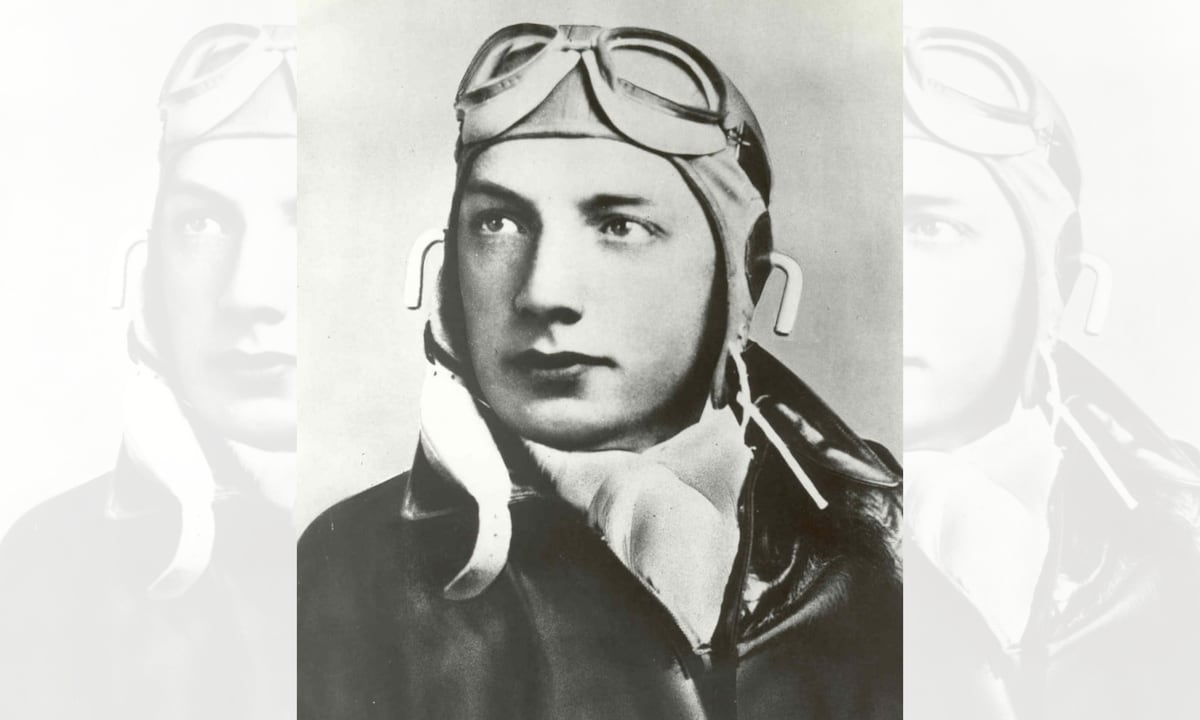In a remarkable display of bravery during World War II, Captain Darrell Robins Lindsey became the only crewman of the Martin B-26 Marauder to be awarded the Medal of Honor. Lindsey’s courageous actions on August 9, 1944, contributed significantly to the Allied efforts during the invasion of France, marking a pivotal moment in the conflict.
The United States Army Air Forces deployed two primary air arms during the 1944 invasion: the renowned Eighth Air Force and the tactical Ninth Air Force. As part of the Ninth, Lindsey participated in critical missions that supported ground forces, focusing on bombing strategic targets in German-occupied territories. His journey began when he enlisted as an Army Air Corps cadet in Des Moines, Iowa, on January 16, 1942, and progressed through rigorous training, ultimately leading to his operational assignment with the 585th Squadron, 384th Bombardment Group.
By the time Lindsey arrived in England on March 10, 1944, he had earned his commission as a second lieutenant and advanced to the rank of captain by December of the same year. Positioned at Boreham, England, Lindsey led missions targeting military installations and transportation networks crucial to the German war effort. As the Allied forces pushed forward from Normandy, the aerial support provided by the Ninth Air Force proved vital.
On August 9, 1944, Lindsey led a formation of 30 B-26 Marauders to strike a vital railroad bridge at L’Isle-Adam, situated 15.5 miles (25 kilometers) northwest of Paris. This bridge was a key logistical point for German forces attempting to counterattack against the Allies. As the formation approached, they encountered intense flak from German anti-aircraft guns, notably the feared 88mm guns.
Despite sustaining severe damage to his aircraft, including a fire in the right engine, Lindsey demonstrated exceptional leadership. Even as his plane was peppered with bullet holes and flames engulfed part of the wing, he remained focused on completing the mission. With his crew’s safety in mind, he directed the B-26 to drop its payload of 2,000-pound bombs on the bridge, successfully achieving the objective despite the overwhelming odds.
After the bombing run, Lindsey instructed his crew to parachute to safety while he maintained control of the damaged aircraft. The last crewman out offered to help him escape, but Lindsey insisted on ensuring everyone else was safe first. Tragically, as he attempted to exit, the right fuel tank exploded, leading to a catastrophic crash.
The successful bombing mission played a significant role in disrupting German supply lines and contributed to the failure of their counteroffensive efforts. The 394th Bomb Group was later awarded a Distinguished Unit Citation for its accomplishments during this period, which included destroying four bridges and an ammunition depot.
On May 30, 1945, Lindsey was posthumously awarded the Medal of Honor. The citation, presented by Major Gen. Robert B. Williams at the First Presbyterian Church in Fort Dodge, Iowa, highlighted his calm demeanor and courage under fire, stating, “All who are alive today from this plane owe their lives to the fact that Captain Lindsey remained cool and showed supreme courage in this emergency.”
Lindsey’s heroism not only exemplifies the bravery of those who served in the air during World War II but also serves as a poignant reminder of the sacrifices made in pursuit of freedom. His legacy continues to inspire future generations, honoring the spirit of those who fought valiantly in the face of adversity.







